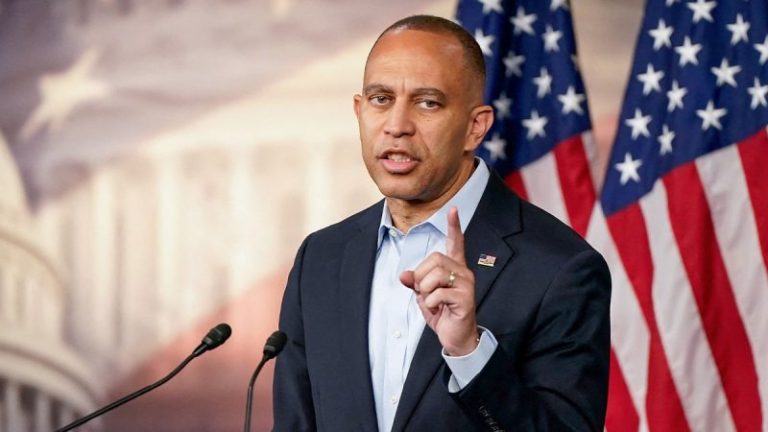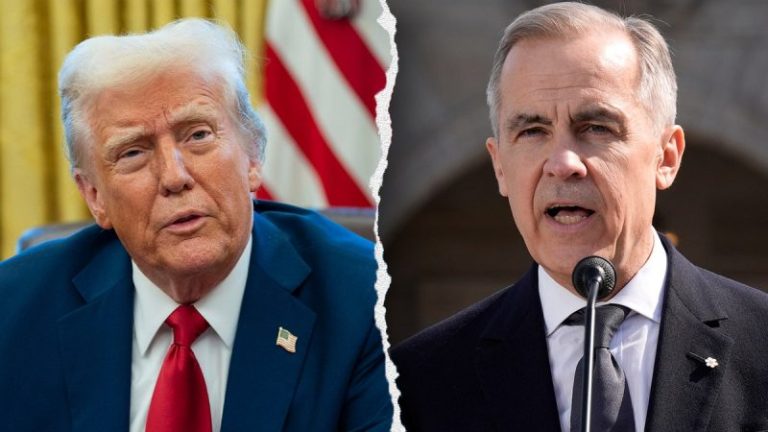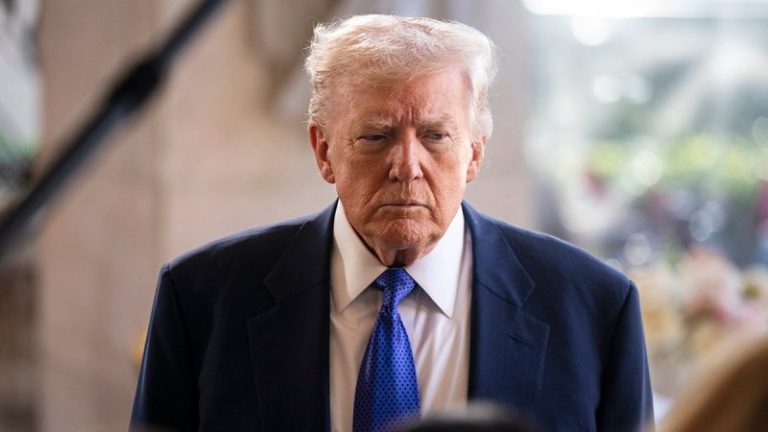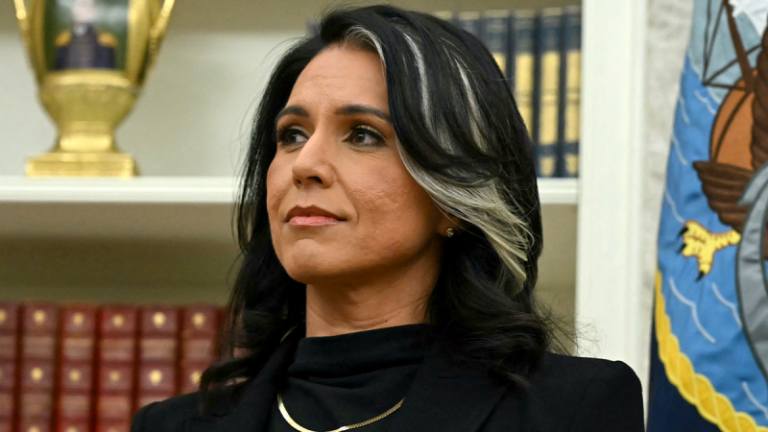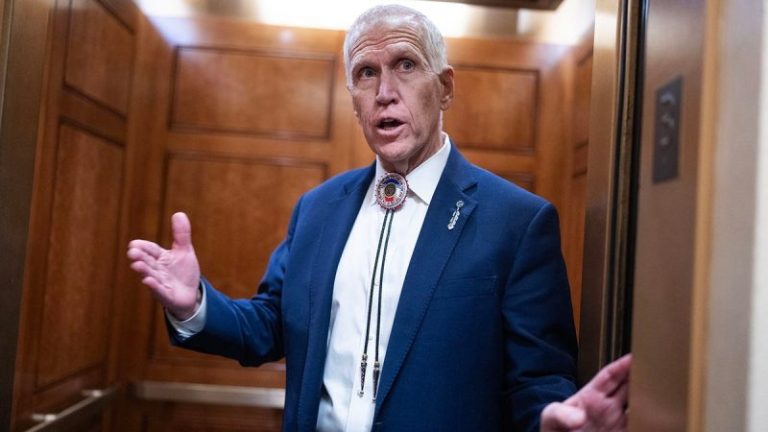Attorney General Pam Bondi said she received a criminal referral from the House Judiciary Committee alleging former CIA Director John Brennan lied to Congress, confirming the receipt during a hearing before the panel on Wednesday.
Bondi’s was responding to committee Chairman Jim Jordan, R-Ohio, who directly asked the attorney general if Brennan would be indicted. The DOJ has for months been investigating Brennan and several others over the origins of the 2016 Trump-Russia probe.
‘What I can confirm is that we have received a referral from you, Chairman Jordan, to investigate John Brennan,’ Bondi said.
‘His attorneys have made some public statements, but the department is still bound, of course, by our longstanding policy of not discussing matters,’ Bondi said. ‘What I will say today I can’t confirm nor deny whether there’s a pending investigation, but what I will say [is] that no one is above the law. Weaponization has ended.
Jordan’s referral to the DOJ, sent in October, centered on Brennan’s testimony about the Steele dossier, a salacious document containing unverified, negative claims about Trump, and its role in an Obama-era Intelligence Community Assessment on Russia’s efforts to interfere in the 2016 election.
The referral followed CIA Director John Ratcliffe also asking the DOJ to prosecute Brennan over broader conspiracy allegations.
A grand jury subpoenaed Brennan and former FBI officials Peter Strzok and Lisa Page, among others, as part of the DOJ’s investigation, Fox News Digital reported in November. The subpoenas originated from the U.S. District Court for the Southern District of Florida, leading Brennan’s lawyers to accuse the DOJ of forum shopping for Republican-friendly judges.
Rep. Dan Goldman, D-N.Y., chimed in after Bondi answered, alluding to comments Trump has made about targeting his pollical enemies.
‘If we want to know whether Mr. Brennan will be indicted, you should just ask the president,’ Goldman said.
Fox News asked Trump last summer about Brennan after reports first surfaced that the FBI was investigating him and several others involved in what Republicans have widely viewed as a politically motivated effort to undermine Trump’s 2016 election campaign and victory. Trump said at the time that ‘whatever happens, happens.’
‘I think they’re very dishonest people. I think they’re crooked as hell. And, maybe they have to pay a price for that,’ Trump said at the time.





